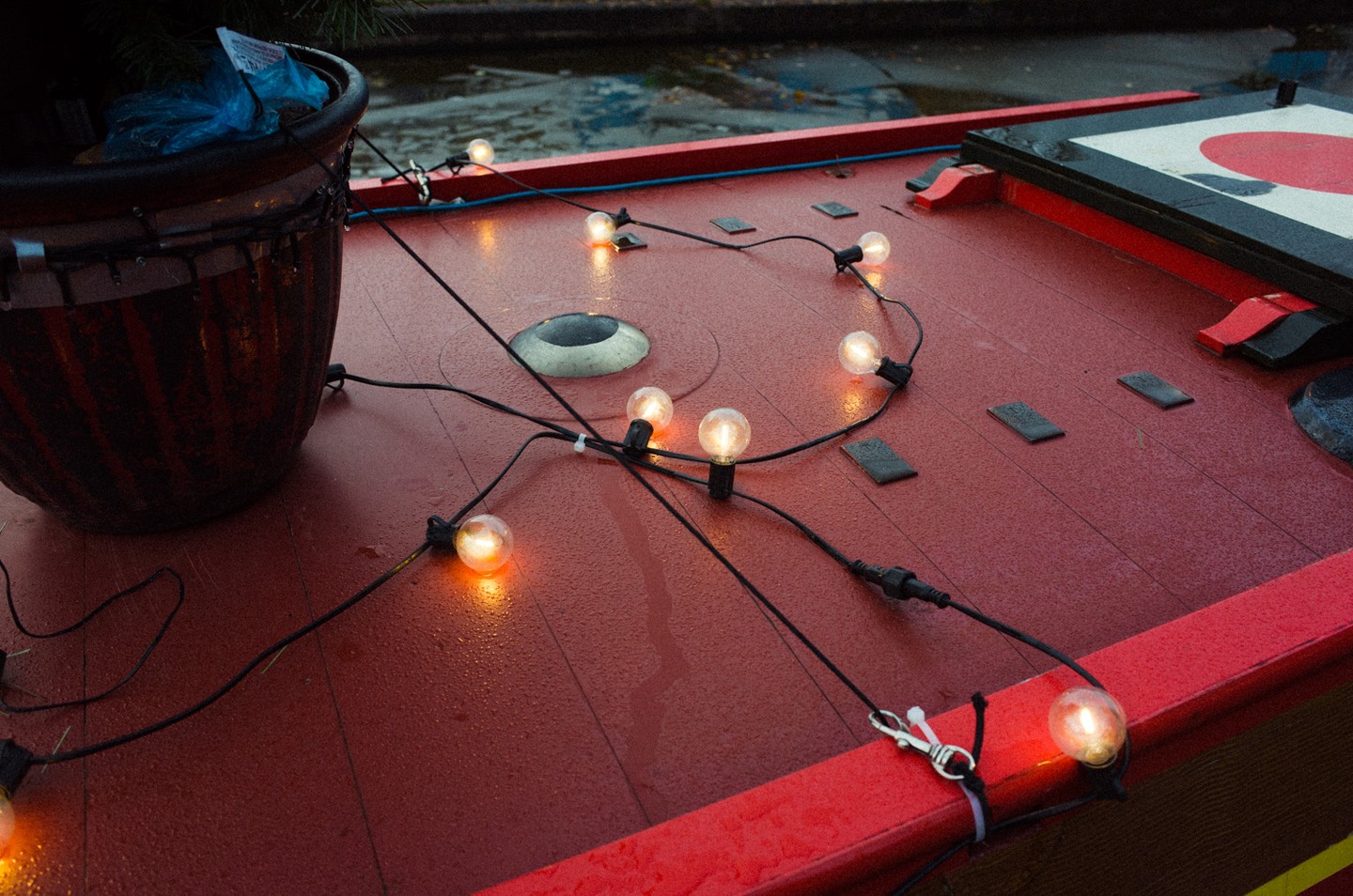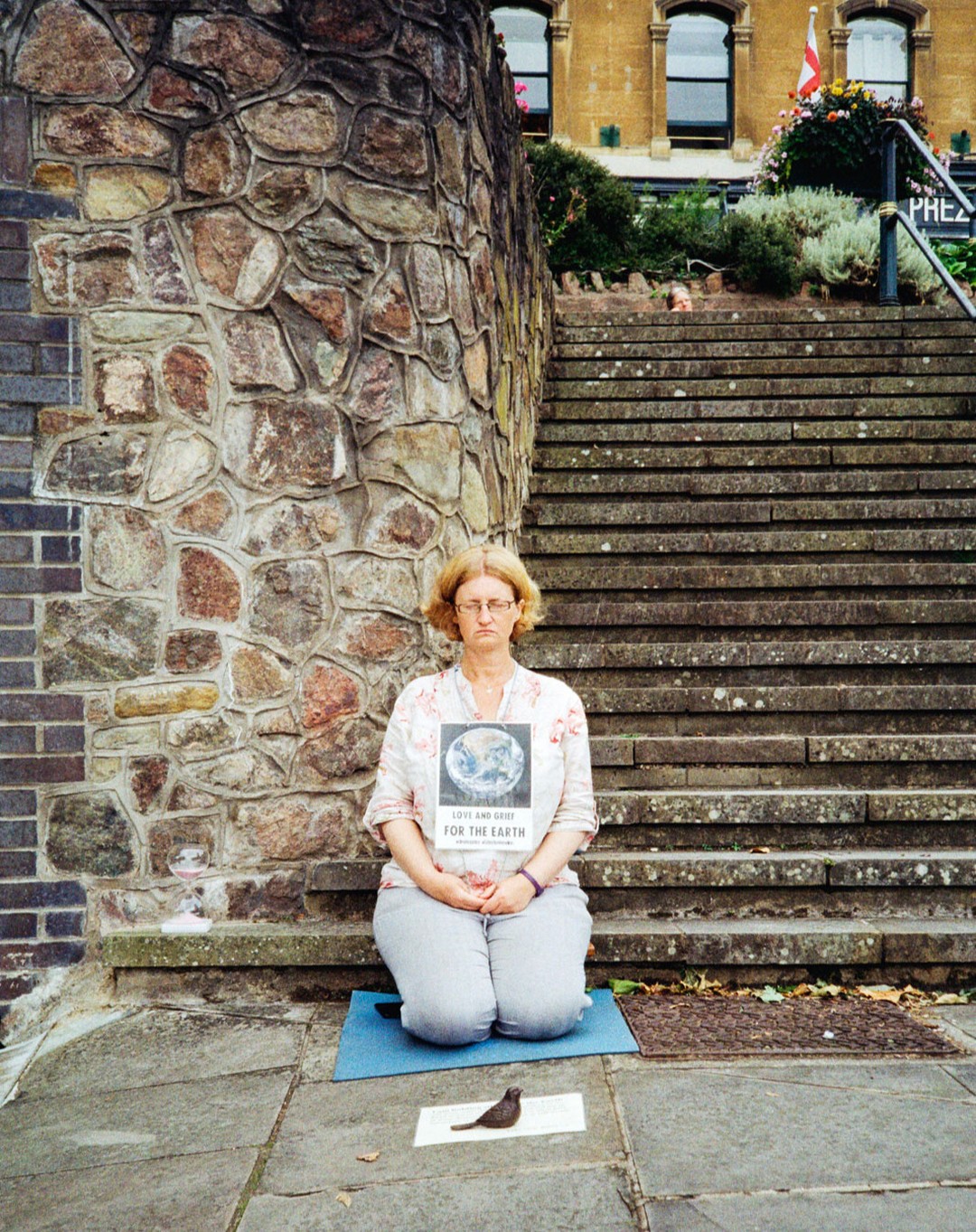How to Evaluate Research Papers Critically
Scientists collect data and test ideas about many topics and phenomena (e.g., how and why things happen). Their research is then written academically in a paper or article and published in scientific journals like Nature or Science. University students often evaluate research papers critically as part of a course assessment. So here are some tips to help students critically assess research papers and get better grades!

What Is the Critical Evaluation of Research Papers?
When academics ask students to evaluate research papers critically, they want them to appraise the quality of the work. This appraisal involves making a balanced judgement after thinking carefully about the facts presented in the paper.
Moreover, evaluating the positive and negative aspects of the work requires problem-solving, the ability to create new knowledge and effective communication. Thinking about the good and bad points refines your analytic skills and provides more perspectives on the same material.
So, the critical evaluation of research papers tests your knowledge of scientific facts and your ability to think beyond what you have read.
Just like Kurt Koffka’s (the German Gestalt psychologist) famous quote, “The whole is something else than the sum of its parts.” So, the point of criticising research papers is “To create something else than the sum of its parts“.
Evaluate Research Papers Critically by Retelling an Article for a Novice
One way that makes it easier for students to evaluate research papers critically is to read them with the view of retelling the work to a non-expert. This skill involves interpreting and translating the facts so a novice can understand the work’s essence. It’s not easy. Albert Einstein once said, “Smart people simplify things“. But when one understands the crux of a research paper—it’s easier to evaluate the science.
Tips to Help Students Evaluate Research Papers Critically
Asking yourself questions when reading the different parts of a research paper will help you judge the quality of the science. And try to make your answers clear and simple so a non-expert can understand.
Here are some questions to ask yourself when reading research papers to help you evaluate the quality of the science. Remember, criticisms are legitimate if supported by well-reasoned facts.
Introduction
Firstly, examine the introduction and literature review to evaluate the study’s background and relevance to the field. Check if the authors provide a research question or hypothesis. And ask yourself:
- Is it clear why the authors conducted the research?
- Does the study add anything new to current knowledge and understanding?
- Is the statement about what the authors expect to find clear?
Methods
Secondly, evaluate the study’s design and methods. Consider practical difficulties that could compromise the research, and ask yourself:
- Was the number of participants too small to establish a finding?
- Is it obvious why the authors chose the design or method?
- Are the methods appropriate for the research question asked?
- Do the authors describe methods in sufficient detail for others to replicate?
Results
Thirdly, look at the results and data analysis sections. Evaluate whether the results are statistically significant and whether the authors provide sufficient detail on the statistical methods used. Ask yourself:
- Do the results make sense?
- Were the findings expected or surprising?
- Do the figures and tables clearly describe the data?
- Have the authors interpreted the results accurately?
Discussion
Lastly, assess the validity and reliability of the study. Evaluate the authors’ interpretation of the results by asking yourself:
- Are the results discussed alongside similar past studies?
- Is the data interpreted meaningfully or speculatively?
- Do the authors address the limitations and biases of the study?
- Are the solutions to any problems reported clearly?
Other Points to Help You Critically Evaluate Research Papers
When comparing and contrasting multiple research papers, ask yourself these three additional questions:
- Do the different authors agree or disagree with each other?
- What are the strengths and weaknesses of the articles?
- How do they expand current knowledge and understanding?
Create Something Other Than the Sum of Its Parts
Students typically receive high grades if their work is insightful and provides more perspectives on the same material. That is to say, a student’s work creates new knowledge different from the sum of its parts!
Moreover, you can provide more perspectives on the same material when evaluating research papers critically by considering the following approaches:
- Compare and contrast research papers with others on the same topic. This approach will help you identify similarities and differences. And gaps that you could address in your evaluation.
- Look at the different methodologies used in the papers and evaluate their strengths and weaknesses. Consider alternative methods and assess how they might impact the research findings.
- Think about the theoretical frameworks applied in the studies. And consider whether alternative assumptions and perspectives could apply to the work.
- Consider how the research might appear from different cultural and contextual perspectives. For example, a study conducted in one country might be interpreted differently in another country with different cultural norms and values.
- Evaluate the ethical and social implications of the research and consider how different perspectives might interpret these implications differently. This approach can help you to identify potential biases and assumptions that might be present in the studies.
Summary
Criticising research papers involves examining the quality and validity of the science. The steps and approaches above can help students provide more perspectives on the same material when evaluating research papers. And develop a deeper understanding of the research and its implications.
In addition, if you are unsure how to write an academic essay at university, check out this post about How to Write an Academic Essay.
Did you enjoy this student guide? If so, please like and share. Thank you!

























